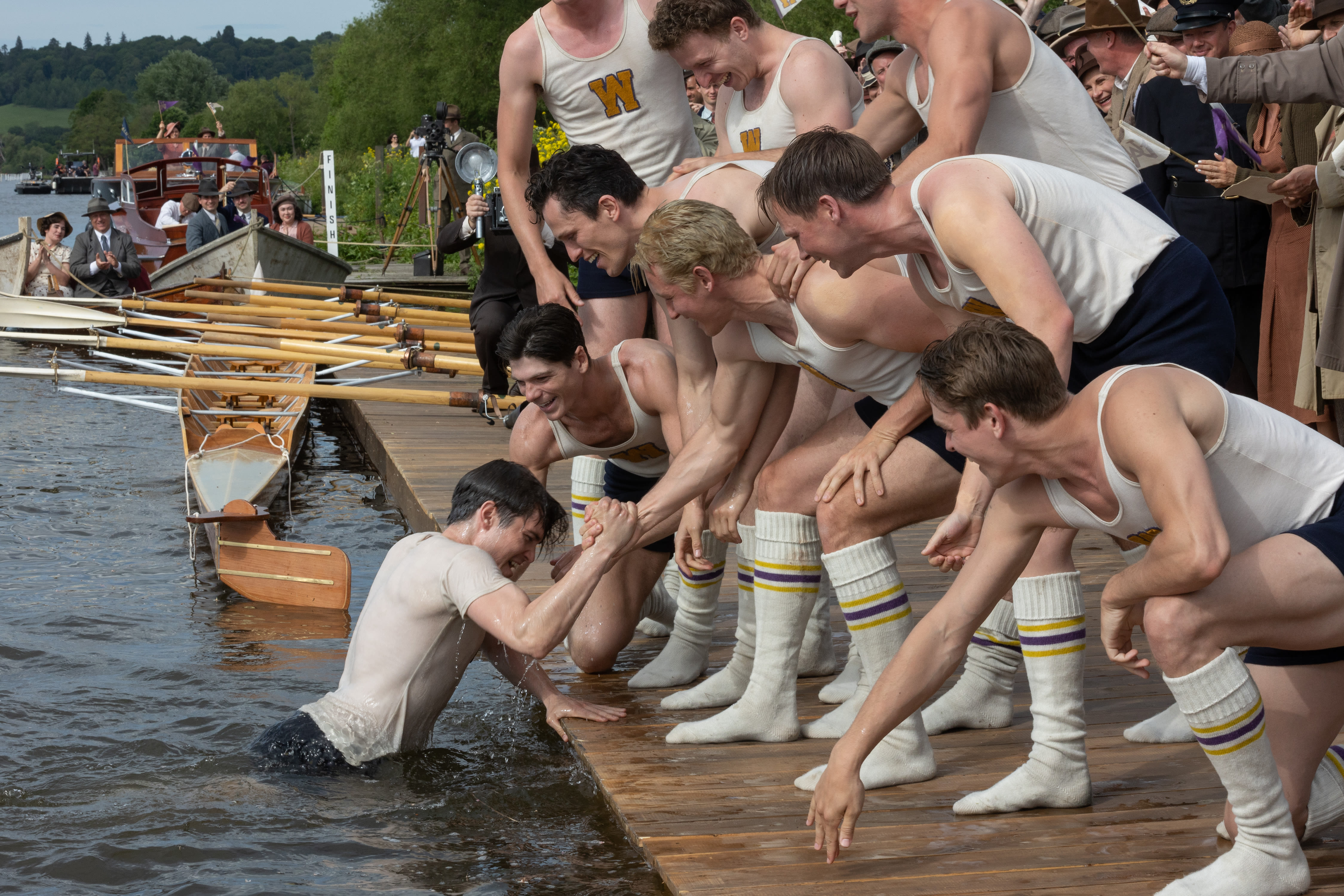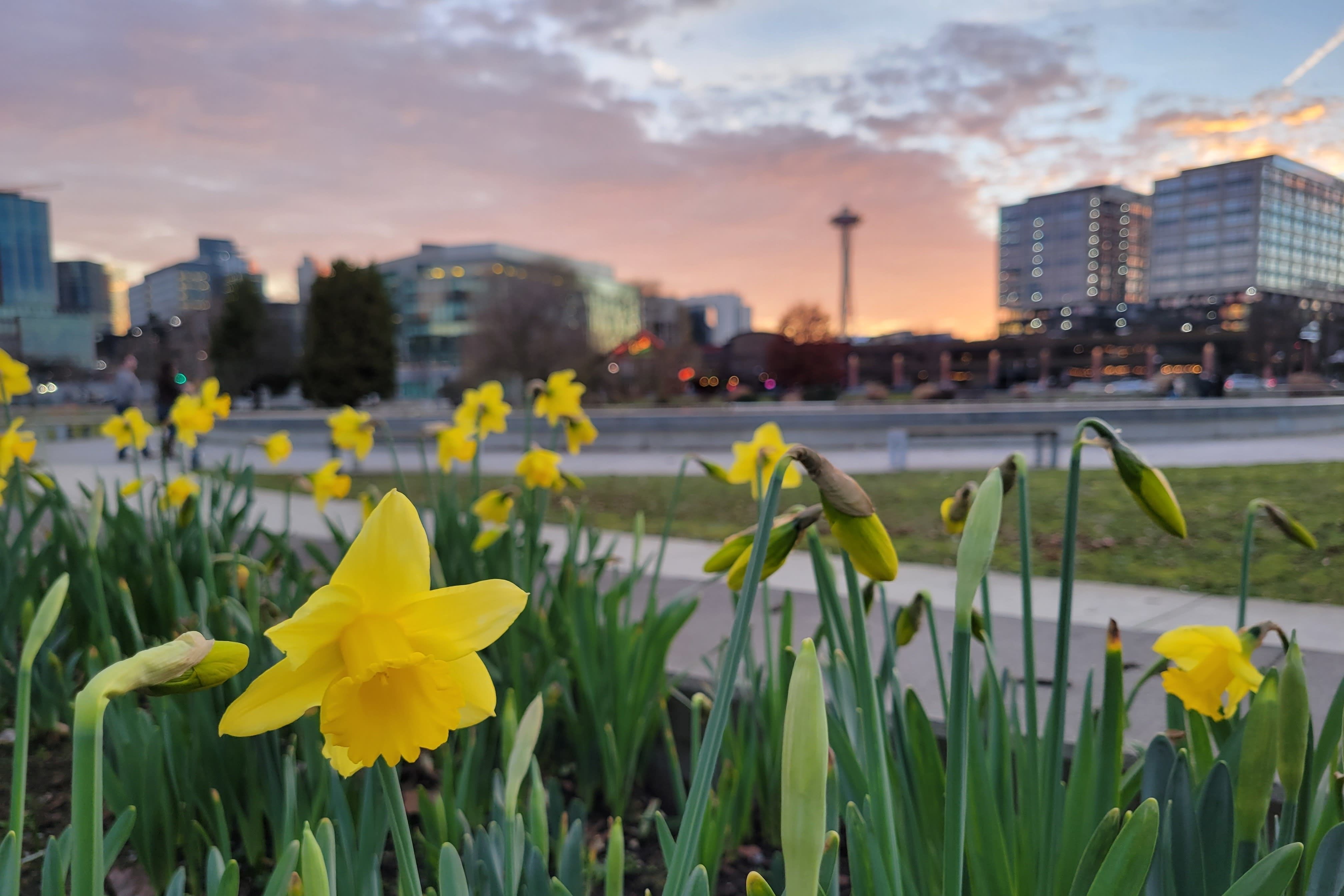Who's Running for Mayor in Seattle?
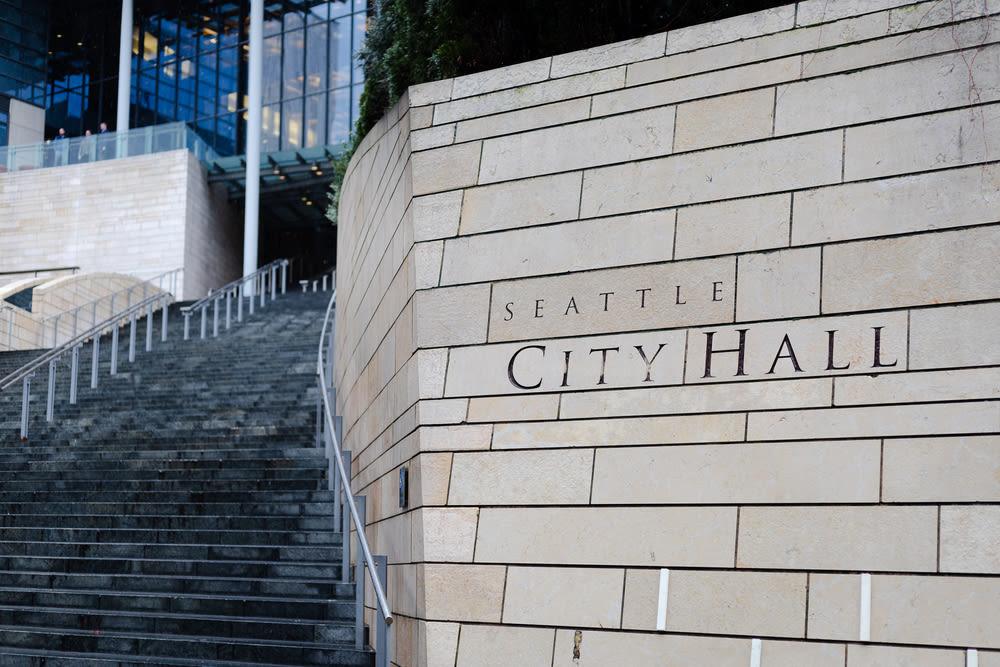
In December, Jenny Durkan announced that she would not seek a second term as mayor of Seattle. Weeks of speculation about potential replacements followed. But 2021 brought more clarity. While none of our Very Serious candidates entered the race, 15 others did. The primary whittled that field down to two. Here's who's running for mayor of Seattle this year (in alphabetical order).
Still in the Race
M. Lorena González
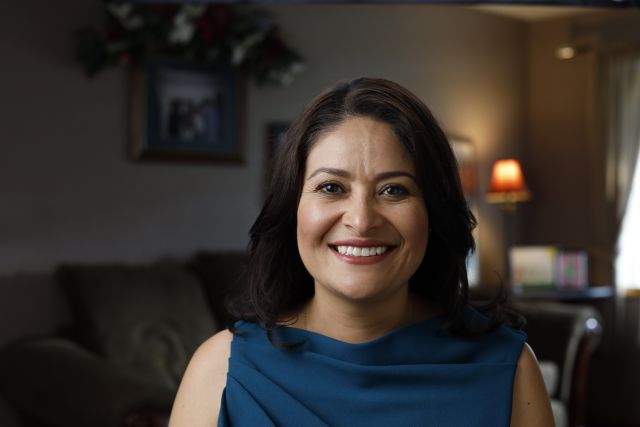
Image: Courtesy Lorena for Seattle
The Seattle City Council president officially entered the race in early February. González grew up in Central Washington in a migrant farm-working family. Before her election to the council in 2015, she worked as a civil rights attorney. She received her law degree from Seattle University.
González's campaign centers on economic and social justice. She believes Seattle's future neighborhoods should be diverse and "complete," comprising parks, grocery stores, community spaces, daycare centers, school, and affordable arts and entertainment options. Housing should be affordable to all, with pathways to permanent residences for those without homes. Policing should be "demilitarized," and measures to counter climate change should bolster economies in overlooked communities.
You can learn more about González's campaign here.
Bruce Harrell
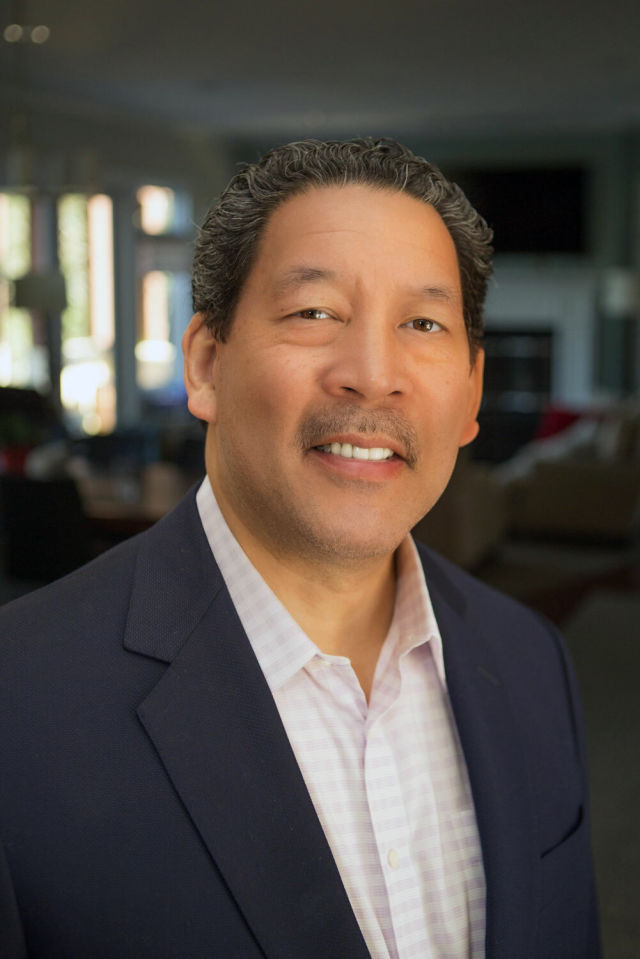
Image: Courtesy Bruce for Seattle
In March, the former Seattle City Council president announced his campaign via an "open letter" to the city. The Garfield High School and University of Washington graduate served for five days in the city's top post after Ed Murray's resignation in 2017. Four years earlier, Harrell finished behind Murray and others in the race to unseat mayor Mike McGinn.
In his letter, Harrell says that helping small and minority-owned businesses, providing affordable citywide health care, making direct neighborhood investments, creating a jobs center, and supporting the arts are all central to the city's economic recovery. He advocates for police reform centered on training rather than budgets. And his approach to the homelessness crisis would include the formation of a nonprofit partnership that allows businesses and residents to contribute time and money to the cause.
You can learn more about Harrell's campaign here.
Eliminated from the Race
Clinton Bliss
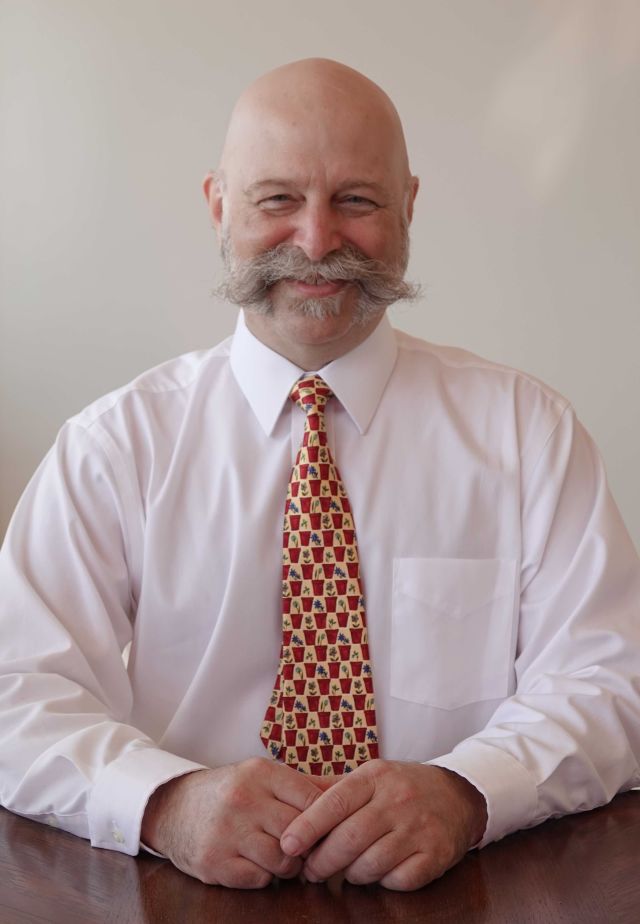
The doctor filed just before the May 21 deadline to compete in the August 3 primary. A graduate of UCLA's medical school and the residency program at the University of Washington, he's worked in hospitals across the state but has lived in Seattle for more than three decades.
Bliss aims to provide "basic emergency food, shelter, security, and treatment" to people who need it, but he doesn't feel tent encampments at city parks are a solution (he wants to permanently remove them). Progress on police accountability has also been too slow, his campaign site says; he'd nullify "any section of the police union contract that limits accountability and oversight." He'd also survey the community regularly for feedback on the government's performance and living in Seattle.
You can learn more about his campaign here.
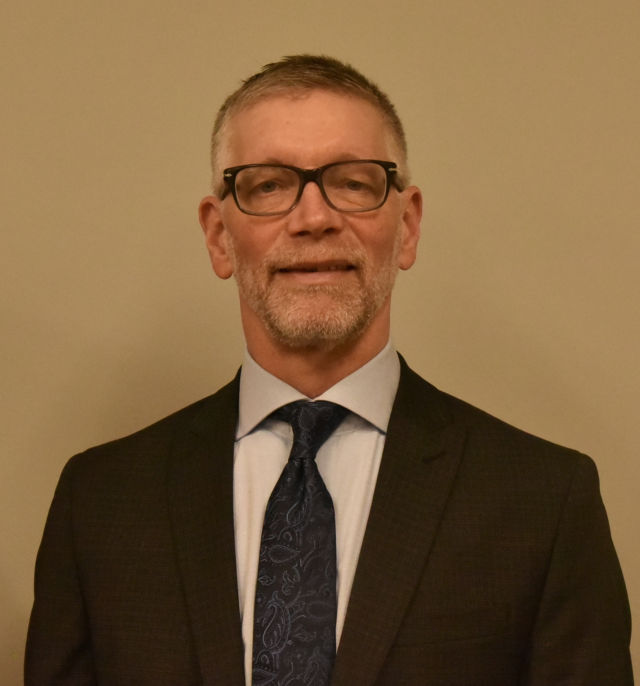
Henry Clay Dennison
The Socialist Workers Party candidate for governor in 2020 put his name in early for Seattle's top post. Dennison is a rail worker and member of the SMART-TD union; he's also worked as a coal miner in Alabama and West Virginia.
Dennison strives to unify the working class against racism and police violence, in defense of women’s right to choose abortion, and in support of immigrant workers in the U.S. He backs worker demands in response to what his party views as the crisis of capitalism.
You can learn more about his political stances in this interview.
James Donaldson
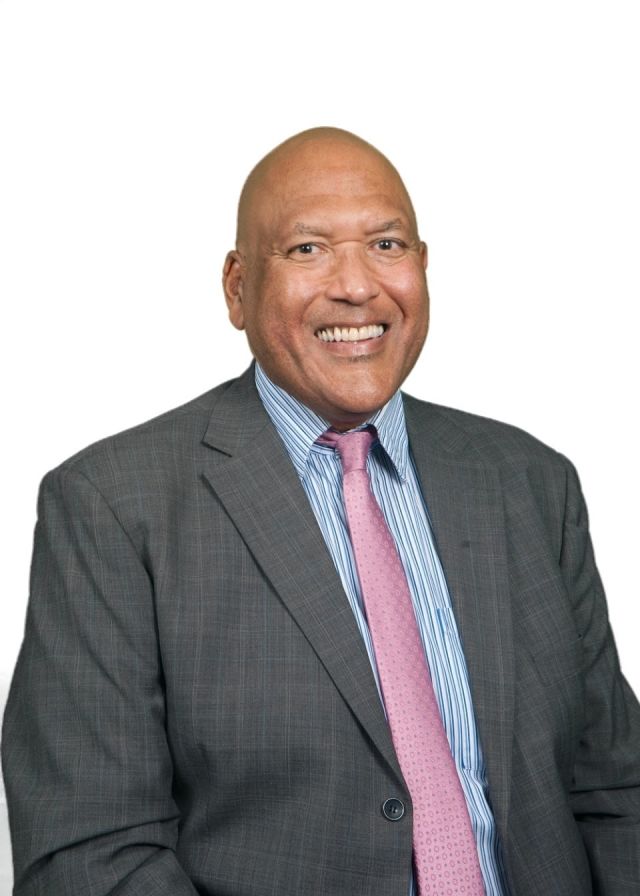
Image: Courtesy Team Donaldson
The former SuperSonic is running for mayor again after an unsuccessful bid in 2009. Following his retirement from basketball, Donaldson started a physical therapy clinic. He's since focused on speaking (and writing) about mental health awareness and suicide prevention.
Donaldson doesn't believe Seattle can accept the "status quo" anymore. He wants the city to address the root causes of the homelessness crisis and find sustainable housing solutions; he feels that sheltered encampments in parks and streets should not be allowed. Bringing back jobs to downtown is a priority for Donaldson, as it will allow local city government to focus on "parks, roads, a thriving downtown, and helping our neighbors."
You can learn more about Donaldson's campaign here.
Colleen Echohawk
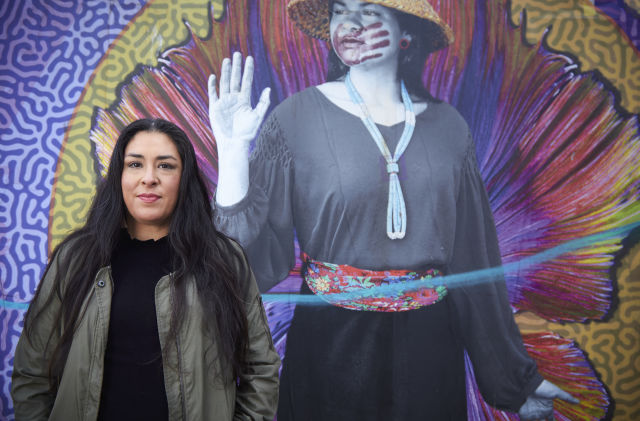
The executive director of Chief Seattle Club, a nonprofit day center and human services agency supporting American Indian and Alaska Native people, announced her candidacy in late January. She's an enrolled member of the Kithehaki Band of the Pawnee Nation and a member of the Upper Athabascan people of Mentasta Lake.
As the founder of the Coalition to End Urban Indigenous Homelessness, Echohawk has made affordable housing and rezoning a focus of her campaign. She seeks investment in community-led businesses and organizations to help stem health and economic inequality that's been exacerbated by the coronavirus pandemic. And she wants to establish a "Public Safety Department with community-based mental health workers and neighborhood liaisons to care for the members of our community that have been hit hardest by racial injustice and the Covid-19 pandemic."
You can learn more about Echohawk's campaign here.
Jessyn Farrell
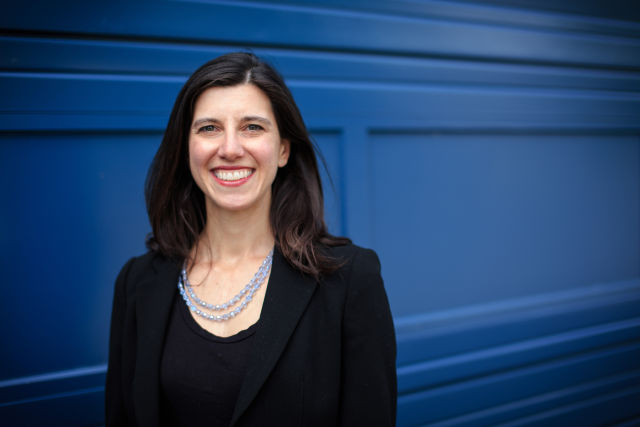
The former state legislator has decided to vie for Seattle’s top political post again. In 2017, she finished fourth in a primary. She’s currently a senior vice president at Civic Ventures, a think tank. She graduated from the University of Washington and Boston College Law School.
Farrell’s platform includes universal childcare through age 5 and a focus on affordable housing. Small businesses and workers are priorities; she aims to bring portable benefits to those currently without those options. And as a former executive director of nonprofit Transportation Choices Coalition, transit improvements (see: West Seattle Bridge) are on her mind too.
You can learn more about Farrell’s campaign here.
Omari Tahir-Garrett
The longtime community activist is once again a candidate in a local election. He joined the mayoral field in mid-May.
As The Seattle Times observed in a 2019 City Council primary preview, Tahir-Garrett is "best known for his occupation of the former Colman School and for striking then-Mayor Paul Schell with a bullhorn." You can learn more about the history behind that incident here, and more about Tahir-Garrett's political values in this 2019 interview with the South Seattle Emerald.
Rodney Holt
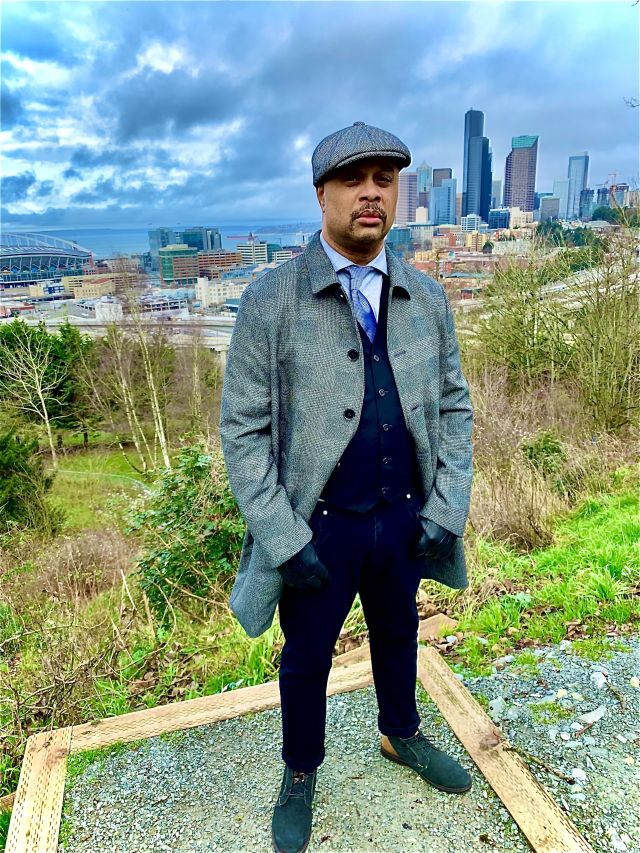
Image: Courtesy Rodney Holt
The minister, military veteran, and nonprofit founder is a write-in candidate for mayor.
Holt describes himself as a "pro-business candidate," seeking to build partnerships between the city and companies. He believes police body cameras should be mandatory, hate crimes laws should be more stringent, and the news media should be more diverse.
You can learn more about his campaign here.
Andrew Grant Houston
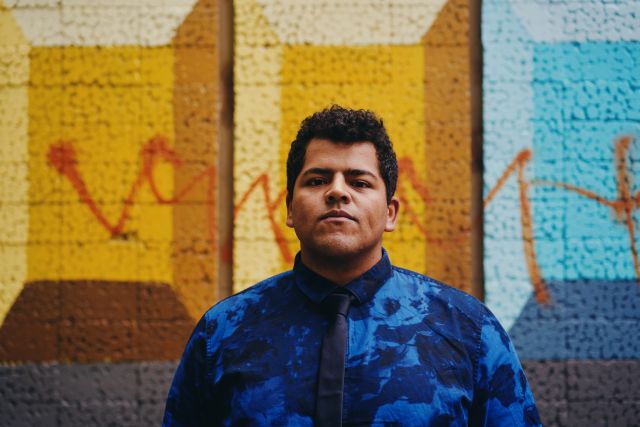
The interim policy manager for council member Teresa Mosqueda declared his candidacy in the early days of 2021. Houston's campaign announcement describes him as a queer Black and Latino architect, small business owner, and activist who lives in Capitol Hill. He's a member of the Sunrise Movement and 43rd District Democrats, among other groups.
Houston's platform focuses on climate change and housing. He believes economic transformation, including fair wages, worker ownership, and mass investment in sustainable infrastructure is needed to respond to the environmental crisis. Cleaning up the Duwamish River and Elliott Bay are on his agenda, as is increasing the stock of publicly owned housing and community land trusts. Fostering an "unparalleled" live music scene is too.
You can learn more about Houston's campaign here.
Art Langlie
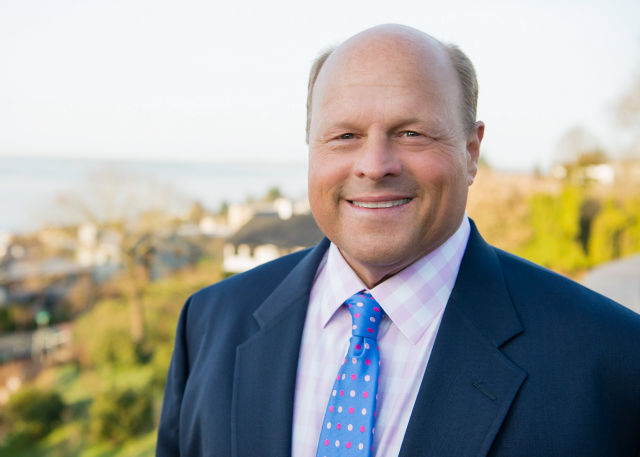
The grandson of a former Seattle mayor and Washington governor didn’t intend to enter the race, he said in a video released in May. But the Holmes Electric executive vice president and Salvation Army board member said many in the city are wary of the “recycled” candidates in the race.
Langlie describes himself as an independent who’s supported politicians “on all sides.” The Puget Sound Business Journal reported earlier this year that his top three priorities are to “accelerate reducing homelessness,” “clean up the city,” and “focus on racial equity.”
You can learn more about Langlie’s campaign here.
Stan Lippmann
The disbarred attorney filed just before the May 21 deadline. He's entered a number of local races over the past two decades. Last year, in his bid to be the superintendent of Washington schools, he repeated a conspiracy theory about Bill Gates starting the pandemic, according to The Spokesman-Review. A description of his political history from a prior race notes he wanted to run for mayor in 2000 "to make the public aware of mass vaccination risks."
Lippmann has not yet provided more information on his platform; the link to his current campaign site is broken.
Lance Randall
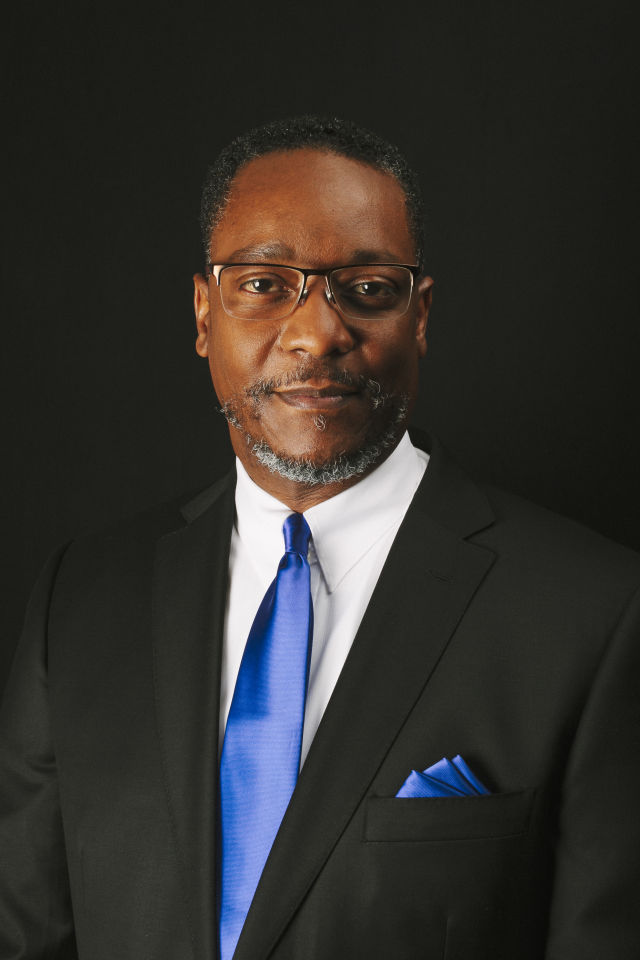
Image: Courtesy Lance Randall
The director of economic development for SEED Seattle entered the race well before incumbent Jenny Durkan opted to withdraw in 2020. Born in Georgia, Randall worked under a state senator and, later, congressman Sanford D. Bishop Jr. He joined Seattle's Office of Economic Development in 2007 before departing in 2015. In July, The Seattle Times reported that Randall was accused of child cruelty in 1999 and pleaded no contest to "reckless conduct."
Randall mentions rebuilding the city's economy post-pandemic, addressing homelessness, and providing public safety as priorities in a campaign letter. He feels that the city will need to build coalitions to do so, and that his years of experience working with government, corporations, nonprofits, educational institutions, and other professional entities have prepared him for that task.
You can learn more about Randall's campaign here.
Don L. Rivers
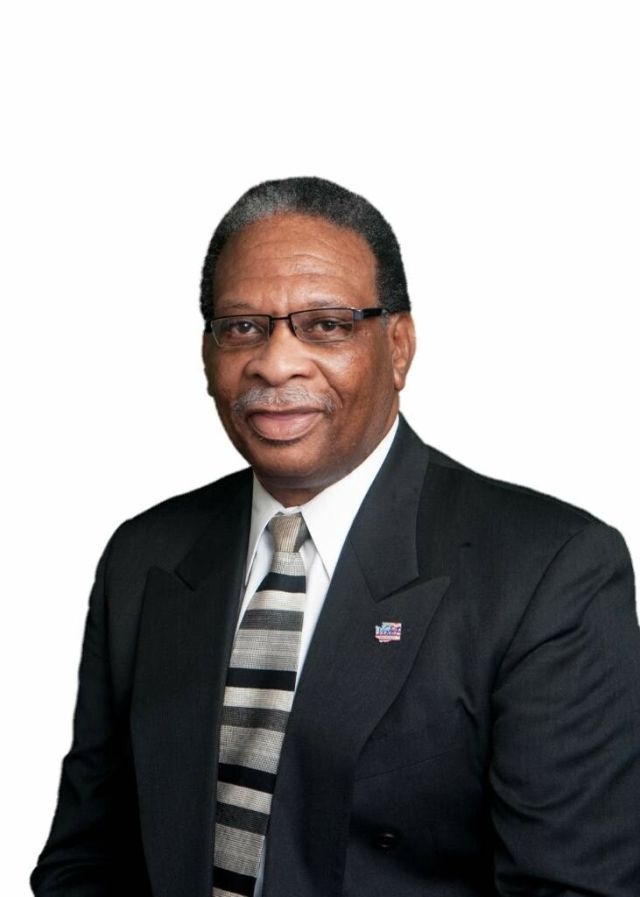
The King County Metro worker and pastor has previously pursued U.S. House and Senate seats, as well as the governorship of Seattle. Now he's vying for the top spot at City Hall.
Rivers wants to listen and learn, then lead. His campaign site notes that social justice, carbon footprints, protection for vulnerable communities, and police reform are some of the key issues facing the city. His "core values" are economic development, education, and quality of life.
You can learn more about Rivers's campaign here.
Casey Sixkiller
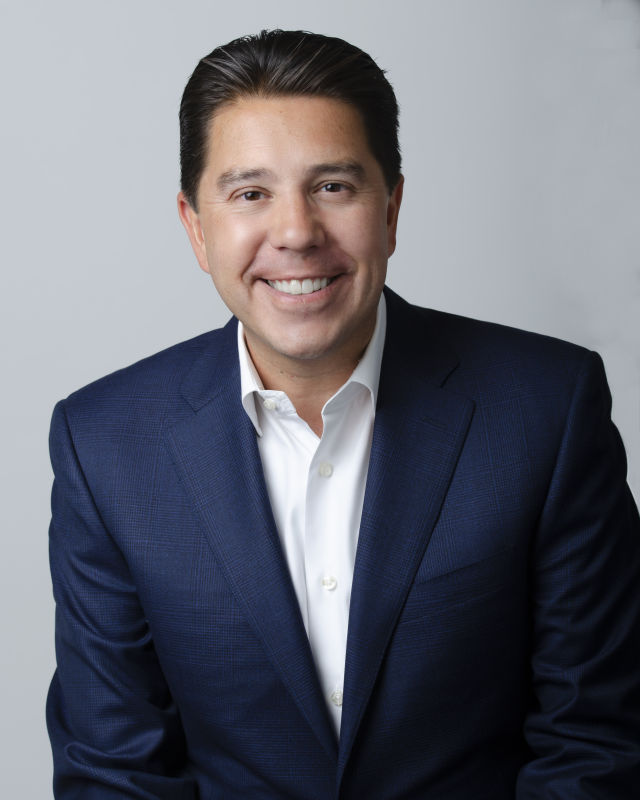
Seattle’s deputy mayor was a relatively late entrant into the race, announcing his campaign in May. Before his city appointment in 2020, Sixkiller served as King County’s chief operating officer. He’s an enrolled citizen of the Cherokee Nation.
Sixkiller wants the city to build 3,000 permanent housing units to bolster its response to homelessness. To mitigate economic inequality in the city, he'd like to roll out the country's largest guaranteed basic income program and deliver more grants and further tax relief to small businesses. He also believes Seattle needs more affordable and accessible childcare programs.
You can learn more about Sixkiller’s campaign here.
Bobby Tucker
The poet was a filing surprise, adding his name to the mix just before the deadline. He's the author of It's Personal.
Tucker says homelessness is the issue he's most passionate about; here's his website.
